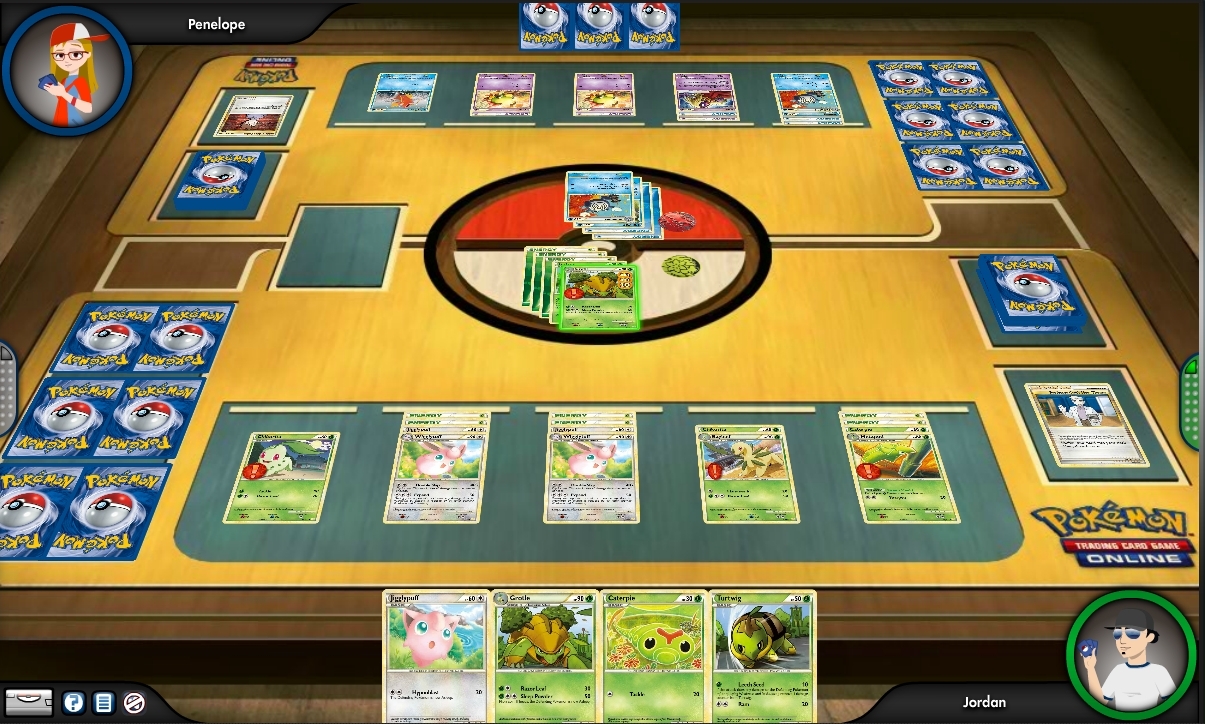Nintendo (NTDOY +2.81%) lost a case against Dutch conglomerate Koninklijke Philips (PHG +1.87%) last Friday, with a U.K. court ruling that it had infringed on two of Philips' patents in its Wii and Wii U consoles.
The two disputed patents cover motion control and wireless devices that can be controlled by a second device. Products that are in violation of the first patent include the Wii, Wii Mini, Wii Remote/Remote Plus, Nunchuk, Balance Board, Wii U, Wii U GamePad, and Wii MotionPlus. The Wii U and GamePad violated the second patent. However, the court ruled that Nintendo did not infringe on a third patent, which covered modeling a user in a virtual environment.

Source: Nintendo.
In addition to the U.K., Philips has filed patent litigation against Nintendo in the U.S., France, and Germany. The final damages won't be known until next month, but Philips' initial demand was that Nintendo halt sales of all products that had infringed upon its patents. Nintendo intends to appeal the decision.
In my previous article, I discussed the troubled relationship between Nintendo and Philips. In this article, I'll discuss the financial implications of the U.K. ruling for both companies.
What this loss means for Nintendo
The worst-case scenario for Nintendo looks grim -- it would have to halt sales of its consoles and peripherals across the U.K. and possibly pay back royalties on every one of these products sold in the region.
The ruling comes at a time when Nintendo's Wii U sales are accelerating in the U.K. thanks to Mario Kart 8, which has already sold 1.4 million copies worldwide since launching at the end of May. At the beginning of June, weekly sales of the Wii U in the U.K. surged 666% thanks to the launch of the Mario Kart 8 Wii U bundle.
It's unlikely that Philips actually wants Nintendo to halt sales of all Wii U consoles and their peripherals. Instead, Philips will likely force Nintendo to agree to a royalty settlement, which will add Nintendo's motion controls to its profitable portfolio of royalty-generating patents, which already include CDs, DVDs, Blu-ray discs, LED lighting, and various video codecs.
The worst-case scenario for Nintendo
Nintendo has sold approximately 895 million Wii games and 32 million Wii U games globally.
Prior to the expirations of several patents on CDs, Philips received about 1.8 cents in royalties per CD sold globally. If Philips requests 1.8 cents per Wii and Wii U title sold, Nintendo would owe Philips about $16.7 million. However, if Philips demands a royalty rate of $0.11 to $0.16 -- which is what Philips, Panasonic (PCRFY +0.00%), and Sony (SNE +4.64%) currently charge manufacturers of Blu-ray discs and split, Nintendo could pay up to $148 million in software royalties.
For hardware, the rate could be much higher. Panasonic, Philips, and Sony earn $9 in royalties (split three ways) for each Blu-ray player sold. If Philips applies a similar rate to the 101 million Wiis and 6.3 million Wii Us sold so far, it would translate to nearly $966 million in back royalties.
Nintendo's bottom line simply cannot withstand over $1.1 billion in royalty payments to Philips.
The company has already posted three consecutive years of operating losses, with an operating loss of $456 million in 2013. It also reported a net loss of $228 million, down sharply from $71 million in net income in 2012.

Blu-ray player-like royalties could seriously hurt Nintendo. Source: Wikimedia Commons.
Of course, $1.1 billion is a worst-case calculation that assumes that Nintendo will lose its subsequent cases and pay back royalties on sales of all hardware and software sales worldwide. However, royalty payments could be limited to a certain region, and actually be much less than Blu-ray royalty rates. Individual Wii/Wii U software publishers could also be asked to pay the royalties instead of Nintendo.
What this victory means for Philips
Philips' disc-based royalties are reported in its consumer lifestyles segment, which generated $6.3 billion in revenues in 2013 -- a 7% increase from the previous year. The segment consists of Philips' domestic appliances, health and wellness, and personal care products, and accounts for a fifth of the company's top line.
Boosting revenue in this segment could help offset Philips' lackluster growth in its two other main businesses, health care and lighting. Healthcare revenue, which accounts for 41% of Philips' top line, fell 4% last year. The lighting division, which accounts for another 36% of its top line, posted flat growth.
Therefore, a patent victory against Nintendo could increase the weight of Philips' consumer lifestyles segment, and possibly offset the weak top line growth of the healthcare and lighting divisions.
The Foolish takeaway
In conclusion, it's still too early to fully assess the damages that Nintendo could face over the next year, but investors should understand the real motivations behind the lawsuits.
For now, the U.K. ruling shows that Philips' claims are credible, and therefore represent major threats to Nintendo's two largest markets -- Europe and North America. Subsequent damages could lead to a fourth year of operating losses for Nintendo, while Philips' consumer lifestyle business could grow faster with additional royalty payments.








